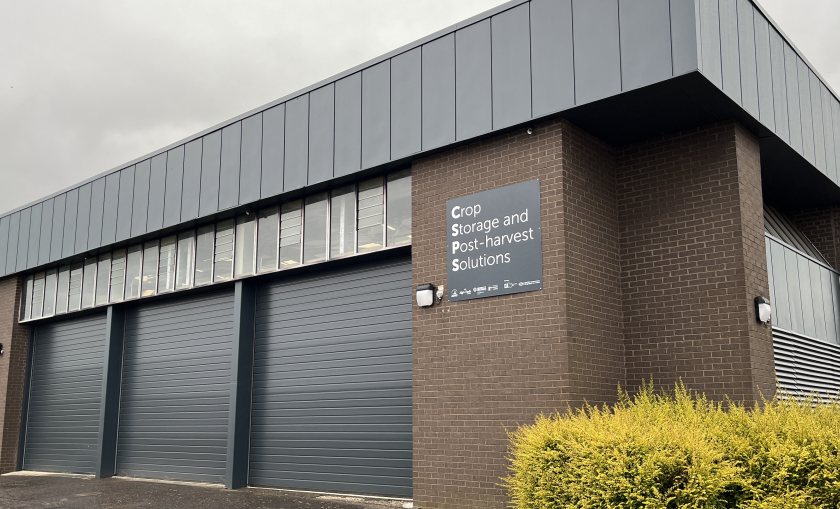
A new facility focused on improving crop storage has opened at the James Hutton Institute in Invergowrie, eastern Scotland.
The Crop Storage and Post-harvest Solutions (CSPS) facility, funded by the Scottish and UK governments, has formally opened its doors.
The facility will explore the impact of elements such as temperature, gas composition and humidity on the quality, nutritional value and appearance of stored crops.
Currently, 5-20% of initial crop productions are lost due to insufficient or poor storage, especially in developing countries.
The information that will be gained from the storage unit is set to help researchers learn more about the impact of particular farming practices and the potential for extending the shelf life of harvests.
The facility will look at the methods for prolonging the shelf life of produce by inducing a ‘near-sleep state’ post-harvest to preserve its inherent qualities and manage disease.
Professor Derek Stewart, director of the Advanced Plant Growth Centre, which operates the CSPS, highlighted the urgency of the facility’s research objectives.
“Time is not on our side," he said, "We have a growing global population that needs fed, and multi-billion pounds food and drink sectors which are based entirely around having access to a sufficient supply of good quality crops.
"Climate change, which is affecting growing seasons, is impacting crop yields and quality, and leading to food shortages is showing no signs of abating.
"Furthermore, any changes to agricultural practices have a direct impact on a crop’s performance post-harvest, and so the widespread intertest in regenerative agriculture will come with a need for allied post-harvest storage research."
